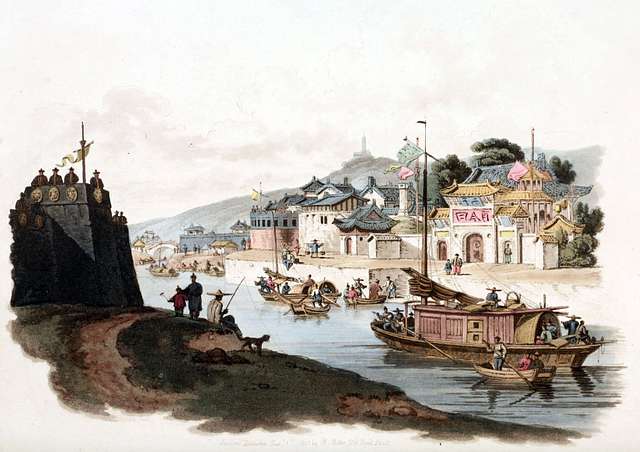Industry News
Group Expands on Details of Forced Labor in China
TweetMay 24, 2023
By:
David G. Forgue
The Helena Kennedy Centre for International Justice at Sheffield Hallam University has been at the forefront of reporting on the use of forced labor in China. As more countries have started to address the treatment of goods suspected of being made with forced labor, the group’s reporting has only become more specific and clearer. In April and May of 2023 three documents (so far) which reflect this. They are available as pdfs here, here, and here. The reports are well worth your time if you source from China.
 The conclusions reached in these reports are stark. For instance, in Forced Labor in the Uyghur Region: The Evidence one of the report’s key points is that “the widespread adoption of state-sponsored labor transfer programs means that it is practically impossible to avoid forced-labor-tainted raw materials and manufactured goods if they are being sourced from the Uyghur Region under the current regime.” The report then follows this with the key point that “standard due diligence is insufficient in this repressive environment; therefore, companies should exit the region at every level of their supply chain.” As companies have struggled to comply with the Uyghur Forced Labor Prevention Act (“UFLPA”) in the United States, this report indicates that the effort may be even more difficult than companies had believed.
The conclusions reached in these reports are stark. For instance, in Forced Labor in the Uyghur Region: The Evidence one of the report’s key points is that “the widespread adoption of state-sponsored labor transfer programs means that it is practically impossible to avoid forced-labor-tainted raw materials and manufactured goods if they are being sourced from the Uyghur Region under the current regime.” The report then follows this with the key point that “standard due diligence is insufficient in this repressive environment; therefore, companies should exit the region at every level of their supply chain.” As companies have struggled to comply with the Uyghur Forced Labor Prevention Act (“UFLPA”) in the United States, this report indicates that the effort may be even more difficult than companies had believed.
While previous reports has focused on discrete industries, like auto parts, or specific products, like tomato paste, cotton, and polysilicon, Products Made with Forced Labor in the Uyghur Region takes a much more holistic view. The report claims that essentially all products from the Uyghur Region are made with forced labor, but notes a number of foundational industries. These include lead-acid and lithium-ion batteries, aluminum alloys, magnesium alloys, metallurgical grade silicon, coal, personal protective equipment, and other products. It also includes a wide range of good articles like walnuts, grapes, dates, spices, peppers, paprika, and tomatoes. This is an incredibly wide range of articles and industries and presents almost endless enforcement priorities for U.S. Customs.
Finally, the third report is entitled Forced Labor in the Uyghur Region: Why is This Happening? The detailed analysis of why is less likely to be relevant to companies trying to import without including articles made with forced labor. That being said, strategic, cultural, and economic factors all coalesce in the policies that are leading to the use of forced labor. It is unlikely that any of those will be quickly and easily resolved to the Chinese government’s satisfaction. Therefore, companies sourcing globally should understand that the policies that laws like the UFLPA are intended to counteract will not go away quickly or easily. Companies should plan accordingly.
If you have any questions about the UFLPA or any other restriction in imports into the United States, do not hesitate to contact any attorney at Barnes, Richardson & Colburn, LLP.
